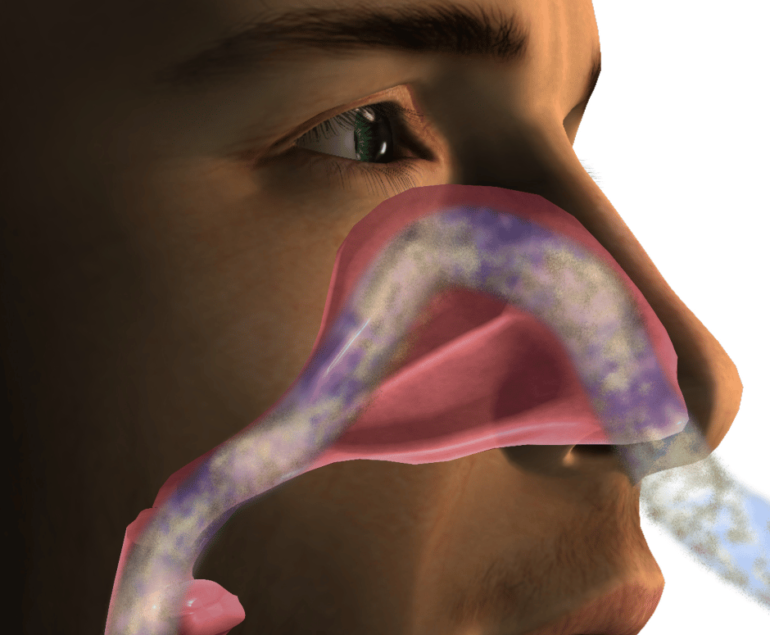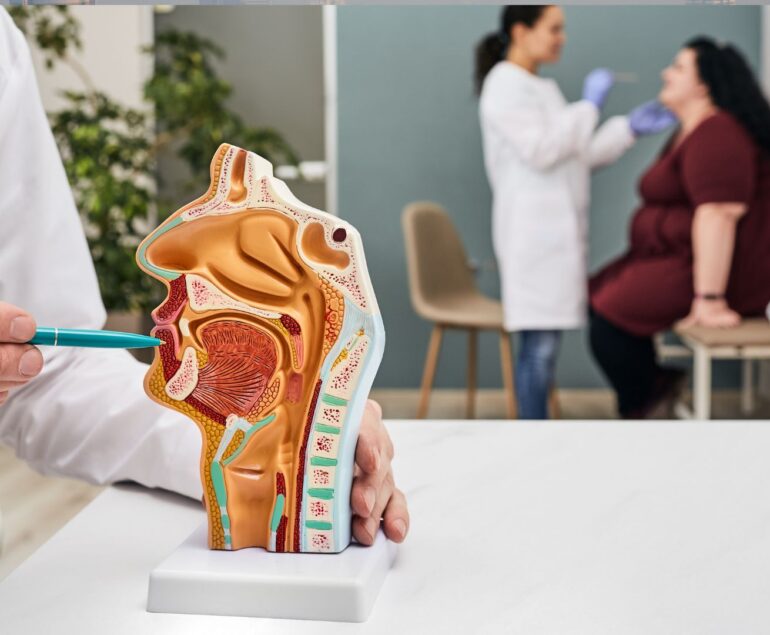Introduction
Airplane ear, medically known as barotrauma or ear barotrauma, is a common condition affecting many air travelers, causing discomfort and sometimes pain during flights. As an experienced ENT surgeon, I understand the importance of sharing valuable tips to prevent and manage this condition effectively.
Understanding Airplane Ear
What is Airplane Ear?
Airplane ear occurs when there is an imbalance in pressure between the inner ear and the environment. This often happens during takeoff or landing when the airplane’s cabin pressure changes rapidly.
Causes and Symptoms
The primary causes include changes in altitude and air pressure. Symptoms may range from mild discomfort to severe pain, accompanied by hearing loss and dizziness.
Tips for Preventing Airplane Ear
Choose the Right Seat
Selecting a seat over the wings can minimize pressure changes. Avoid seats near the engine or in the last rows.
Swallowing Techniques
Frequent swallowing helps equalize pressure. Sucking on candy or sipping water can facilitate this process.
Yawning and Chewing Gum
Encourage natural jaw movements by yawning or chewing gum, relieving pressure in the ears.
Managing Airplane Ear During the Flight
Earplugs and Pressure-regulating Earplugs
Wearing earplugs or pressure-regulating earplugs can help regulate air pressure in the ear.
Nasal Decongestants
Using nasal decongestants before the flight can reduce nasal congestion, preventing ear blockage.
Stay Hydrated
Drinking plenty of water keeps mucous membranes moist, aiding in equalizing pressure.
Home Remedies for Post-Flight
Warm Compress
Applying a warm compress to the affected ear can alleviate pain and discomfort.
Jaw Exercises
Gentle jaw exercises help open the Eustachian tubes, promoting pressure equalization.
Over-the-counter Pain Relievers
Non-prescription pain relievers can be effective in managing post-flight discomfort.
When to Seek Medical Help
Persistent or Severe Symptoms
If symptoms persist or worsen, consult with a healthcare professional promptly.
Consultation with an ENT Specialist
An ENT specialist can provide specialized guidance for managing persistent ear issues.
Lifestyle Changes for Long-Term Prevention
Equalizing Pressure Regularly
Incorporate regular pressure equalization exercises into your daily routine.
Avoiding Known Triggers
Identify and avoid triggers that exacerbate airplane ear symptoms.
Ear Care Routine
Implement a regular ear care routine to maintain optimal ear health.
Traveling with Children
Special Considerations
Parents should pay extra attention to their children’s comfort and use age-appropriate preventive measures.
Flying with Pre-existing Ear Conditions
Guidance for Individuals with Ear-related Issues
Individuals with pre-existing ear conditions should consult with their healthcare provider before flying.
The Role of Humidity
Importance of Humidification
Maintaining proper humidity levels can prevent mucous membrane dryness, reducing the risk of airplane ear.
Prevention for Frequent Flyers
Strategies for Those Who Travel Frequently
Frequent flyers can adopt additional strategies, such as specialized earplugs or preventive medications.
Myth Busters
Dispelling Common Misconceptions
Addressing common myths and misconceptions surrounding airplane ear.
Testimonials
Personal Stories
Real-life accounts from individuals who successfully manage airplane ear.
Conclusion
In conclusion, taking proactive steps to prevent and manage airplane ear is crucial for a comfortable and pain-free flying experience. By incorporating these tips into your pre-flight and in-flight routines, you can significantly reduce the risk of developing airplane ear.
FAQs
- Can I use over-the-counter ear drops for airplane ear?
- Over-the-counter ear drops may help, but it’s advisable to consult with a healthcare professional for personalized advice.
- Are pressure-regulating earplugs effective for everyone?
- While they work well for many, individual responses may vary. Experiment with different options to find what suits you best.
- Can children use nasal decongestants for preventing airplane ear?
- Consult a pediatrician before using any medications for children, including nasal decongestants.
- Is airplane ear a permanent condition?
- In most cases, airplane ear is temporary and resolves on its own. Seek medical attention if symptoms persist.
- Are there specific exercises for equalizing ear pressure?
- Yes, gentle jaw movements and swallowing exercises can help equalize ear pressure. Consult with a healthcare professional for guidance.
About Author:
Dr. Vivek Kumar Pathak: Renowned ENT Surgeon, Senior Professor, and Founder.
Dr. Pathak, ENT surgeon at Kailash Hospital, Senior ENT Professor at Sharda University, and founder of Entegrity Care, brings expertise and innovation to healthcare. Discover the visionary behind Doxtreat Healthcare, shaping the future of ENT care.
Website www.drvivekpathak.com
Call +917838450942
WhatsApp +91 78384 50942
Book an appointment with Dr. Vivek kumar Pathak by filling the form.



